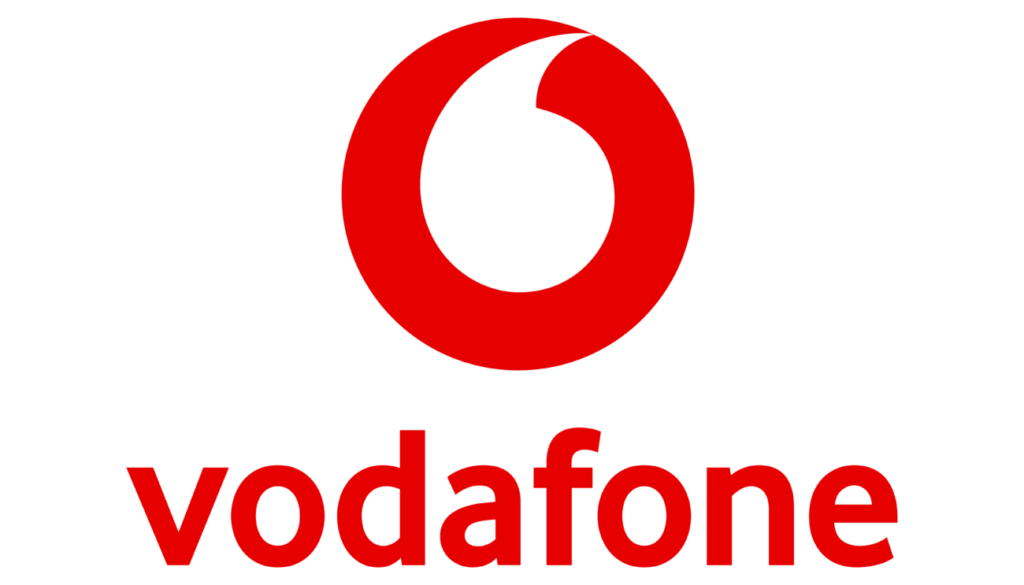Obituary: Peter Brown
Scottish Rugby is saddened to learn of the death yesterday of former Scotland captain Peter Brown. He was 83.
Known as PC, Brown was an utterly irrepressible character, who did things his way, invariably with a smile on his face.
These days, he might be labelled a “maverick”, but that would be a gross over-simplification. He gave so much to the game he loved and for him, life and rugby were there to be enjoyed.
Peter Currie Brown was born in Troon on 16 December 1941 and sport was ingrained in his family.
His father, Jock, was a goalkeeper with Clyde and Hibs, who was capped for Scotland and his uncle, Jim, emigrated to the United States and played for them in the 1930 football World Cup.
Peter’s younger brother, Gordon, was equally “larger than life”. In Peter’s 27 Scotland caps, Gordon, joined him in 12 of the matches. “Broon frae Troon”, a veteran of eight Lions Test matches on the 1971 and 1977 tours to New Zealand and the 1974 tour to South Africa, pre-deceased Peter, passing away in 2001.
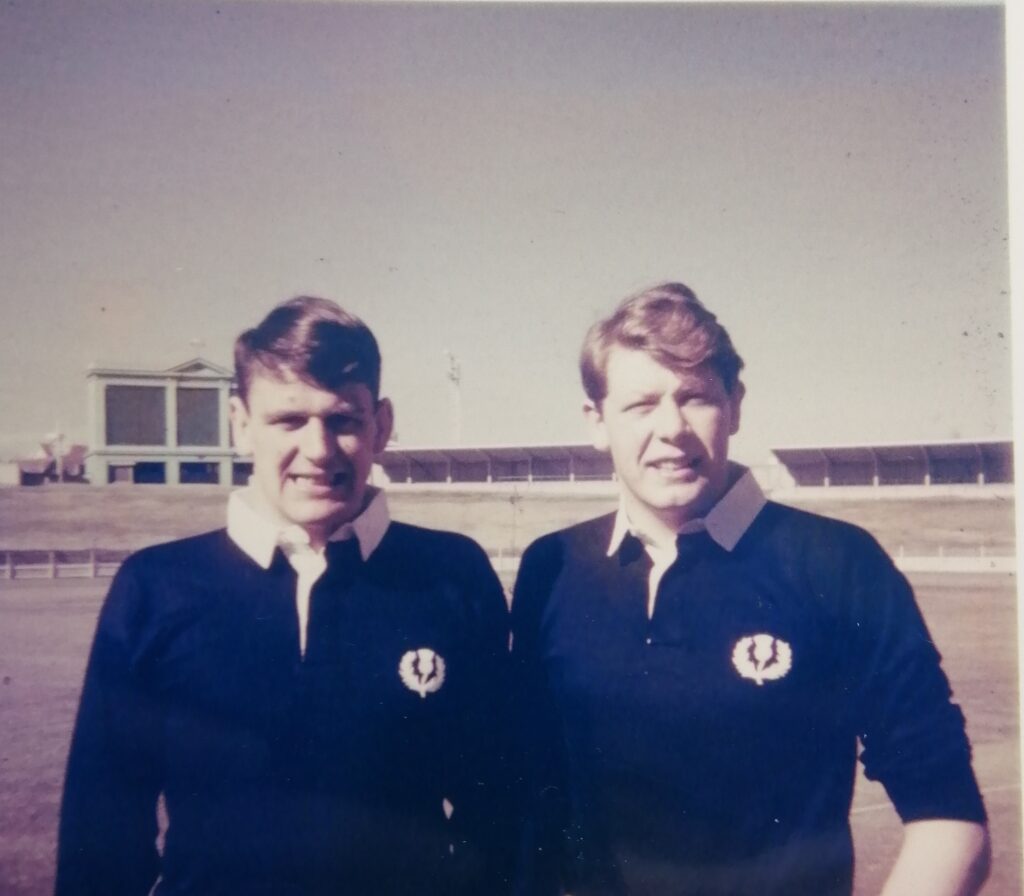
Pictured: Peter (left) with his brother and fellow Scotland international, Gordon.
Peter played in the school first XV at Marr College in Troon for three seasons before graduating to senior rugby with West of Scotland. Latterly, he joined the Gala club, for whom he contributed so much on and off the pitch.
His first game for Glasgow was in the Inter-City in 1961and he made his debut for Scotland at lock in a 10-0 victory over France at Murrayfield on 4 January 1964.
He won 13 caps at lock and 14 at No 8 and captained Scotland on ten occasions. He was part of a winning Scotland team on 13 occasions, including a remarkable five victories over the Auld Enemy.
He also played a pivotal role in Scotland victories over South Africa and Australia and there was no greater endorsement of his stellar endeavours in Scotland’s 0-0 draw with New Zealand in 1964 than when the legendary All Black Colin Meads swapped jerseys at the end of the game.
Long after his playing days had concluded he would gleefully present you with a business card, proclaiming “PC Brown – record points scorer for a Scotland forward.”
The 66 points that he proudly contributed still stand supreme, despite the penchant now for hookers regularly to touch down a try off the back of a driving maul.
Brown scored three tries, 15 penalties and six conversions for Scotland.
His kicking style was all his own. No deep breathing. No round the corner. No yoga poses.
He would wipe his nose against the cuff of his jersey and “blooter”, toe-poking the ball goalwards, most memorably, at Twickenham in 1971, where Scotland had not won since 1938.
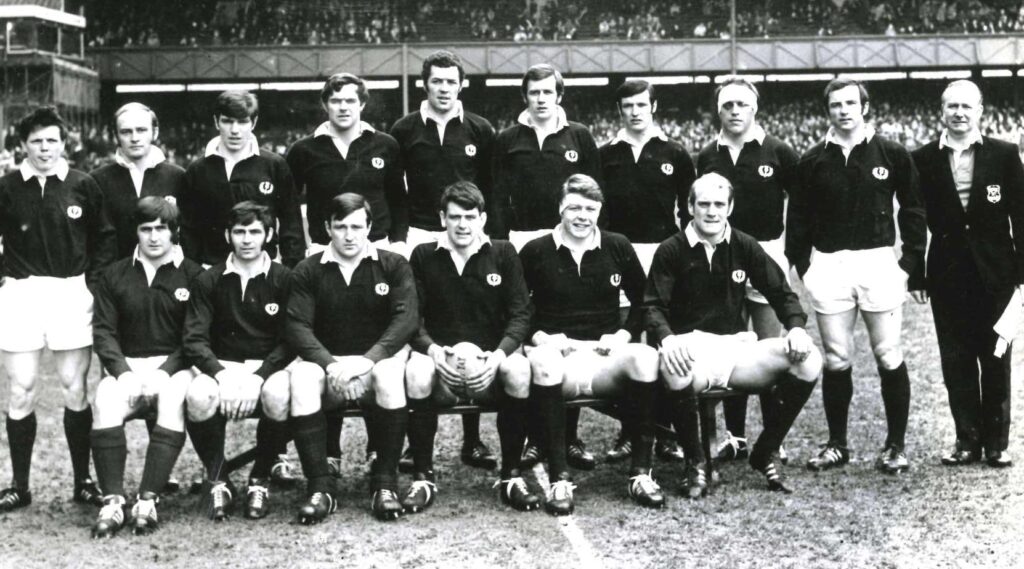
Pictured: PC Brown, pictured with the ball, ahead of Scotland game with England in 1971.
Brown had scored a try in the first-half – all three of his Scotland tries were notched against England – but it was his conversion of Chris Rea’s try in the game’s closing stages that took Scotland to a 16-15 victory.
His role in that epic finale – and his unflappable conversion – will forever be part of Scottish Rugby folklore.
Writing in the Glasgow Herald, Bill McMurtrie was understandably elated:
“An Ian McLauchlan charge induced a ruck near the English 25-yard line, Duncan Paterson committed the English loose forwards with a half-break, and Peter Brown, having appeared at the scrum-half’s elbow, fired a long overhead pass to Rea, who scampered off for the try, going over in Spencer’s tackle a few feet from where Wilson Shaw scored his second try in the 1938 match.
“Scotland were already ahead 18-16 before that final try in 1938. On Saturday, Peter Brown had to convert to win the match, and he struck his kick true.”
Scotland Head Coach Gregor Townsend said in tribute: “PC was great company and his passion for Scottish rugby and the game in general always shone brightly. His exploits on the field have gone down in legend, being a key contributor in some Scotland famous wins during his international career.
“A goal-kicking captain playing in the forwards must have been a unique achievement before Jon Eales did something similar with the Wallabies a few decades later.
“He continued to be involved with rugby after he retired from playing, being involved with Gala then on the international stage once again with his work on various disciplinary panels over the years. He will be sadly missed.”
Peter would maintain a cheerful email dialogue long after his active rugby involvement had finished.
In 2023 he emailed: “Time is running out for me ….I am permanently on a low chemo dose to control my myeloma and sadly now have the additional complication of a leaky mitral heart valve.
“I am currently sorting out into reasonable order all the details I have recorded for my grandchildren of my history of playing amateur Scottish club, district and International rugby 1960-1973, captaining my country without a coach and experiencing the trauma of dealing with the ‘advisor to the Captain’ {cost me my captaincy !}; refereeing 1975 till 1983….Gala coach, treasurer, committee for about 20 years and 19 years on Scottish, International Board and Heineken Cup Discipline Committees along with my role till 2017/18 in developing from scratch from 1998 the Citing Commissioner regime for IRB.
“I also recorded my glimpse of the internal workings of SRU during my short term as non-ex director on SRU Board and being a member of Bill Dunlop’s governance committee.”
Away from rugby, he was senior partner in Hogg Thorburn accountants and was chair of the Scottish Building Society. He also was heavily involved with charity trusteeships, including as co-president with Gavin Hastings of Wooden Spoon in Scotland.
In a statement, Peter’s family said: “Peter underwent several years of chemotherapy treatment for myeloma, supported wonderfully by the haematology team at the Western General (hospital in Edinburgh). Earlier, this week, he was admitted to the Royal Infirmary (in Edinburgh) following a fall at home. Peter passed away peacefully surrounded by family on Sunday 12 January.
“The family would like to express their gratitude to the Acute Medical Unit for their care and compassion.”
Scottish Rugby extends its sincere condolences to Peter Brown’s family and many friends. We will share details of his funeral on our website when arrangements are advised.
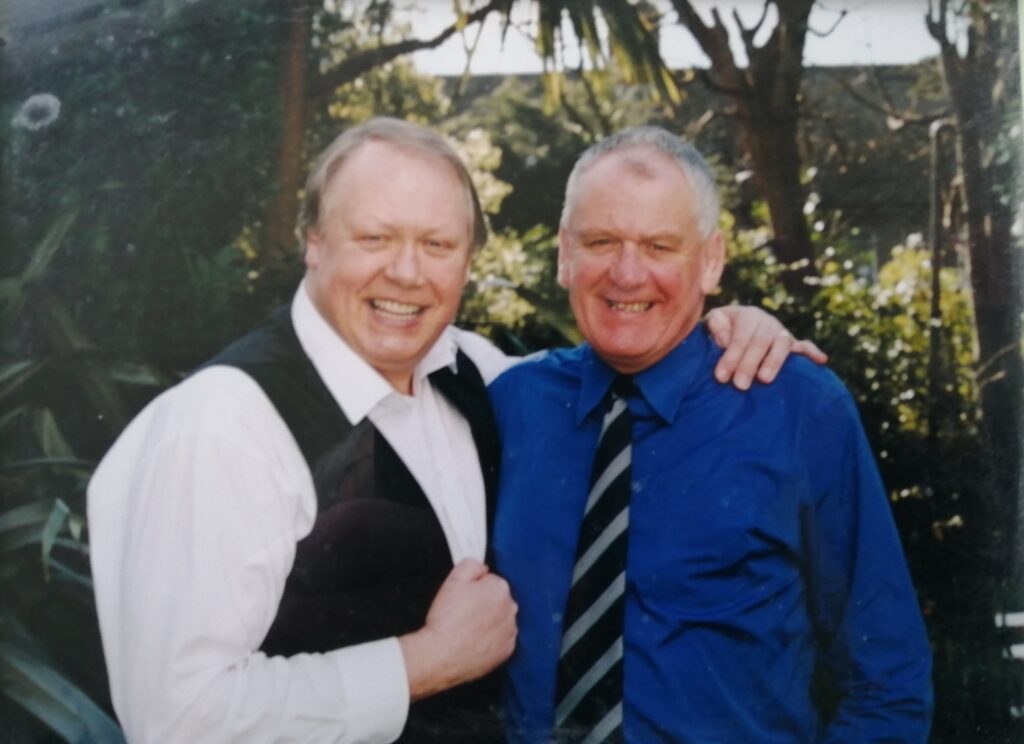
Pictured: Again, Peter this time on the right, with brother Gordon, who passed away in 2001.
Tags
Related news
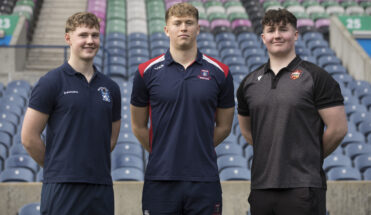
Three of the best young players in Scotland bound for South Africa
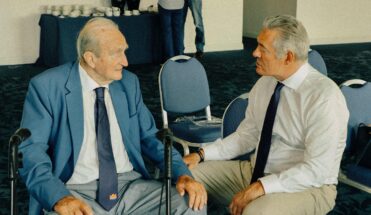
Obituary: John Douglas
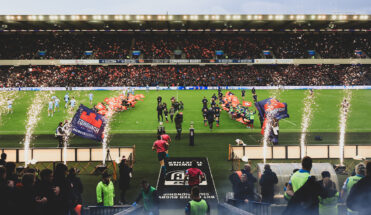
Teams confirmed for derby decider

‘World-class’ Schoeman pens long-term extension
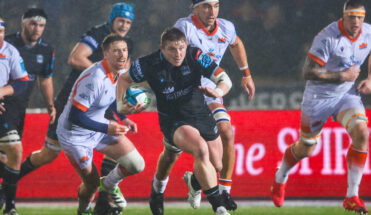
Teams Confirmed for 1872 Cup Opener
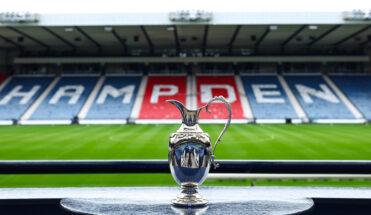
Match Preview Glasgow Warriors v Edinburgh Rugby
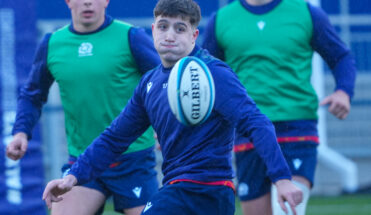
Ventisei to captain Scotland U20 in friendly against Wales
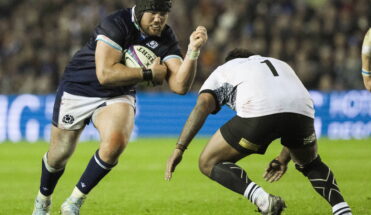
Fagerson signs new multi-year deal with Glasgow Warriors
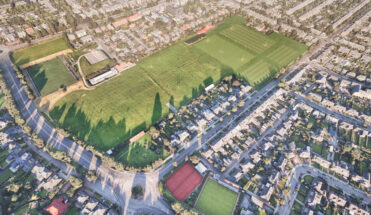
Aberdeen Grammar Rugby secure £250,000 towards new 3G pitch





